We are OZ. We take pride in our craftsmanship and work from an investigative down-to-earth attitude. Without preconceived ideas we create modern architecture that embraces the complexity of life and enriches its environment.
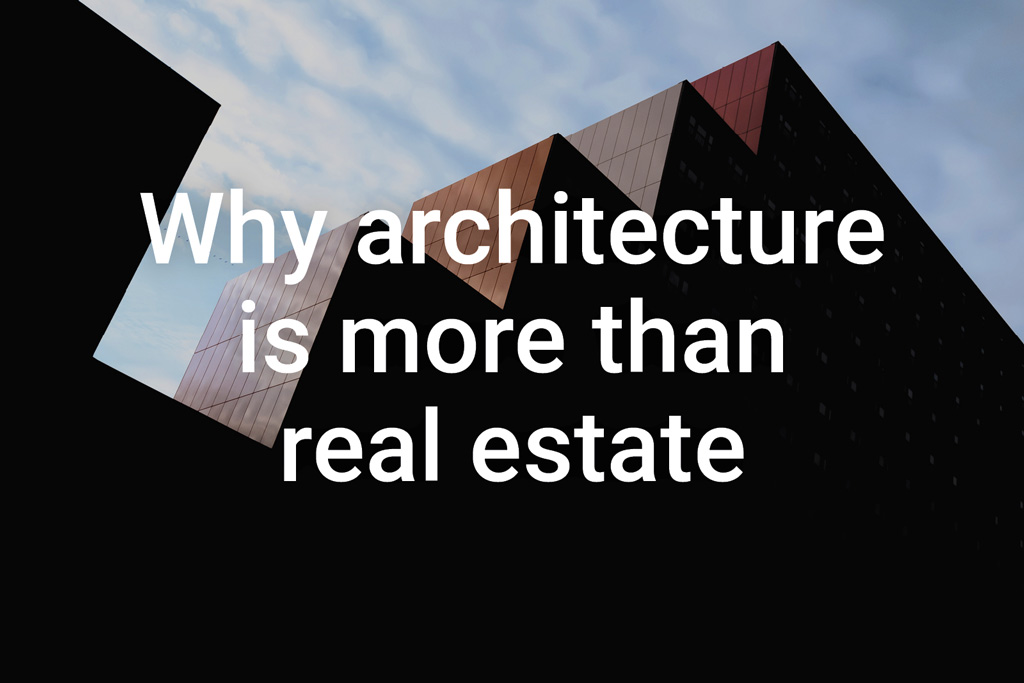
Urban nomads can live anywhere, but most of us want to live somewhere. This is why we design contemporary buildings with a strong character, that not only react to their context but shape it. We search to understand the qualities of a location and we cherish its historical traces to generate designs that add to its unique character. In this way we shape identity and create a somewhere for the growing number of urbanites.
OZ designs for life in the city, transforming areas into new places to live. We combine programs to create synergy. Social interaction is essential in our architecture. We make spaces for people to meet, places to relax and work. We believe that it is our job as architects to create those spaces, public or collective, in and around our buildings, wherever possible.
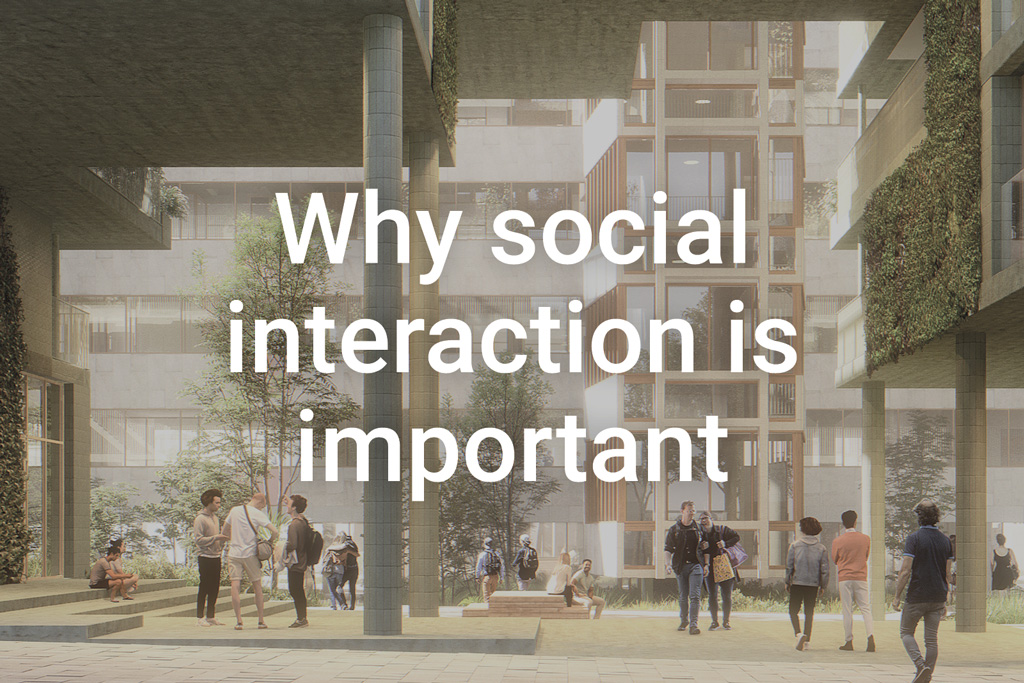
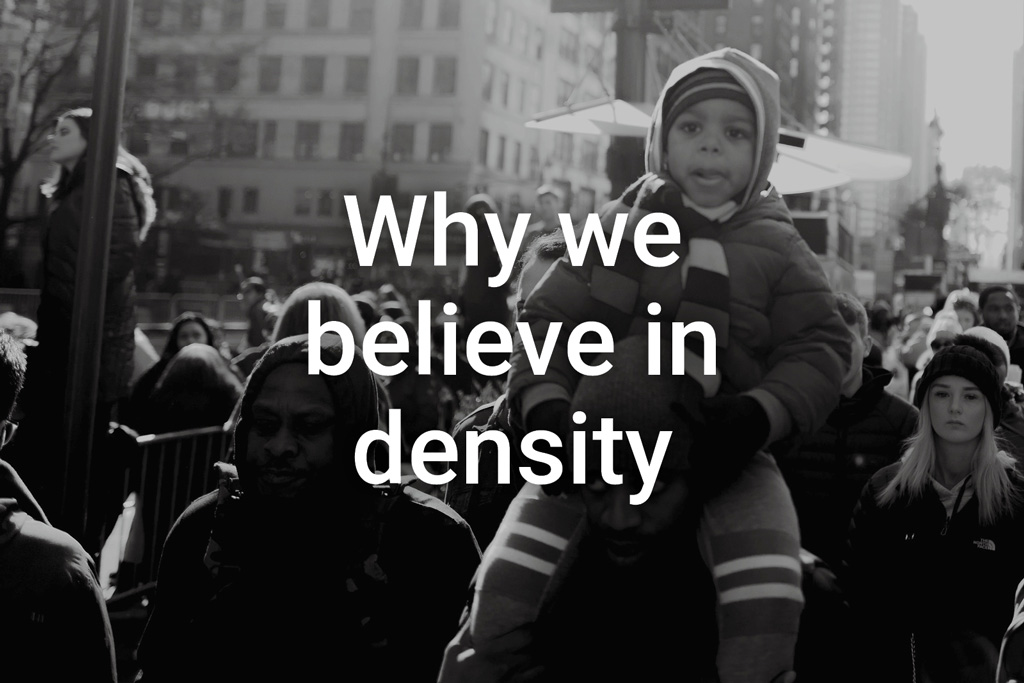
If we don’t want to succumb into endless sprawl, traffic jams and pollution, we must embrace density. For us, densifying cities creates a very interesting challenge. Because of its complexity, density creates new solutions, new opportunities, new cultures, new communities, new art, new music and new architecture. Sprawl is boring, density is exciting.
On the path towards designing Paris Proof buildings, we believe, the large dependence on technical installations will become counter effective. We want to make projects thoroughly sustainable and also feasible. We embrace the idea of buildings without mechanical heating or ventilation, exchanging technical hardware for software, using bio based materials and so reducing the carbon footprint of our designs not because we are idealists but because we are realists.
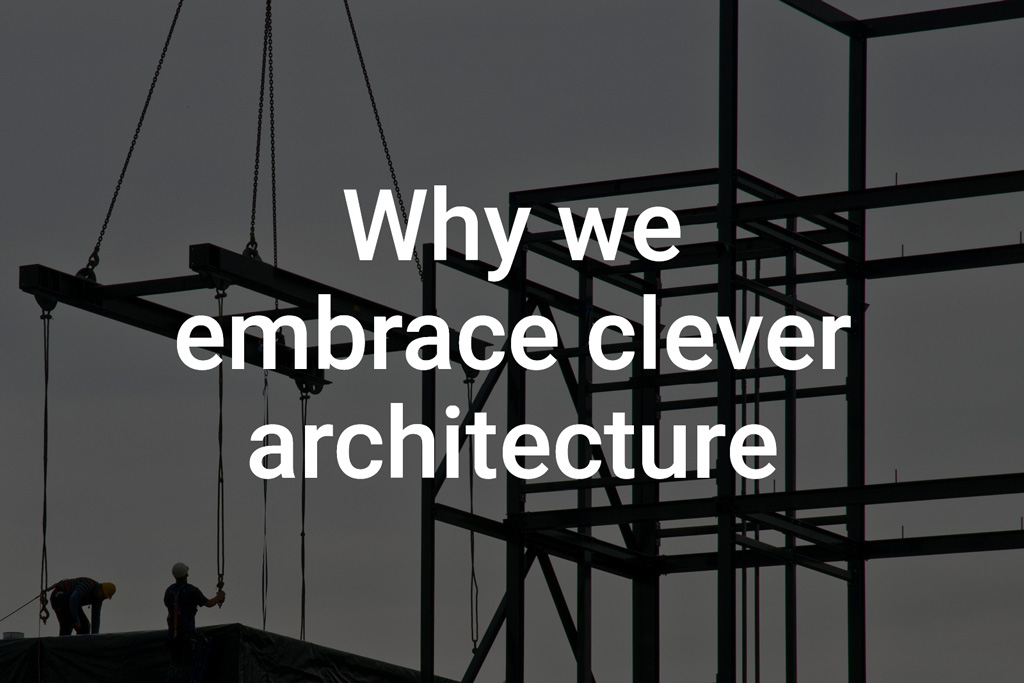
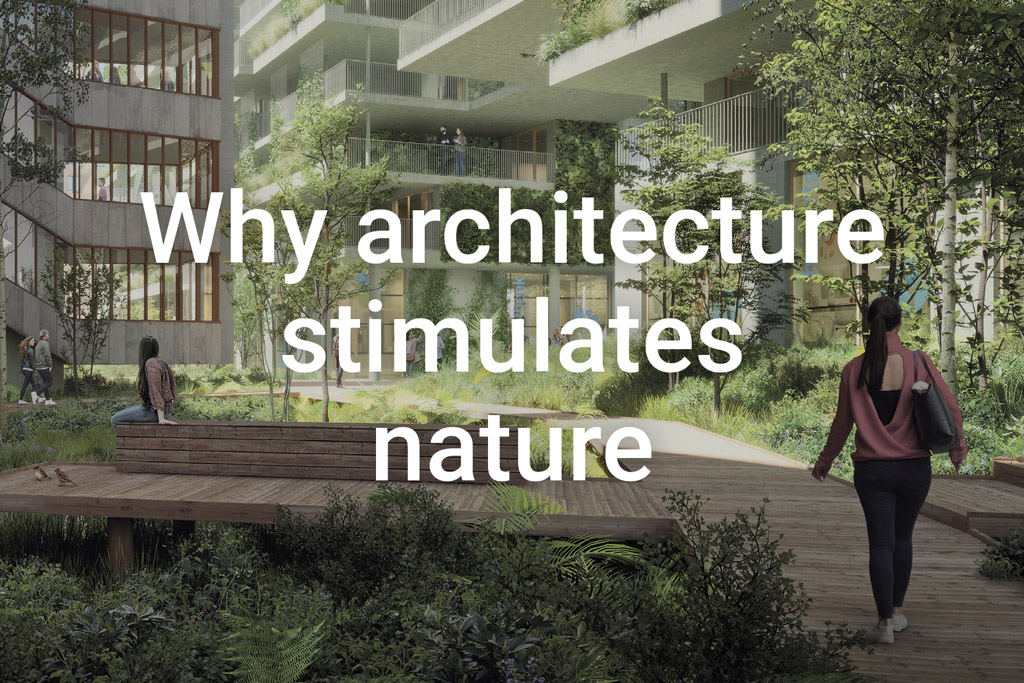
To transform parts of our city in new thriving places for people to work and live, we have to look beyond buildings. There can be no good densification of the city without intensifying urban nature in the form of greens and parks for people and green roofs and walls for fauna. As the countryside, in a sense, becomes more mono-functional the city has the potential to enforce natural diversity, to bring people and nature closer together.

Urban nomads can live anywhere, but most of us want to live somewhere. This is why we design contemporary buildings with a strong character, that not only react to their context but shape it. We search to understand the qualities of a location and we cherish its historical traces to generate designs that add to its unique character. In this way we shape identity and create a somewhere for the growing number of urbanites.
OZ designs for life in the city, transforming areas into new places to live. We combine programs to create synergy. Social interaction is essential in our architecture. We make spaces for people to meet, places to relax and work. We believe that it is our job as architects to create those spaces, public or collective, in and around our buildings, wherever possible.


If we don’t want to succumb into endless sprawl, traffic jams and pollution, we must embrace density. For us, densifying cities creates a very interesting challenge. Because of its complexity, density creates new solutions, new opportunities, new cultures, new communities, new art, new music and new architecture. Sprawl is boring, density is exciting.
On the path towards designing Paris Proof buildings, we believe, the large dependence on technical installations will become counter effective. We want to make projects thoroughly sustainable and also feasible. We embrace the idea of buildings without mechanical heating or ventilation, exchanging technical hardware for software, using bio based materials and so reducing the carbon footprint of our designs not because we are idealists but because we are realists.


To transform parts of our city in new thriving places for people to work and live, we have to look beyond buildings. There can be no good densification of the city without intensifying urban nature in the form of greens and parks for people and green roofs and walls for fauna. As the countryside, in a sense, becomes more mono-functional the city has the potential to enforce natural diversity, to bring people and nature closer together.

Urban nomads can live anywhere, but most of us want to live somewhere. This is why we design contemporary buildings with a strong character, that not only react to their context but shape it. We search to understand the qualities of a location and we cherish its historical traces to generate designs that add to its unique character. In this way we shape identity and create a somewhere for the growing number of urbanites.

OZ designs for life in the city, transforming areas into new places to live. We combine programs to create synergy. Social interaction is essential in our architecture. We make spaces for people to meet, places to relax and work. We believe that it is our job as architects to create those spaces, public or collective, in and around our buildings, wherever possible.

If we don’t want to succumb into endless sprawl, traffic jams and pollution, we must embrace density. For us, densifying cities creates a very interesting challenge. Because of its complexity, density creates new solutions, new opportunities, new cultures, new communities, new art, new music and new architecture. Sprawl is boring, density is exciting.

On the path towards designing Paris Proof buildings, we believe, the large dependence on technical installations will become counter effective. We want to make projects thoroughly sustainable and also feasible. We embrace the idea of buildings without mechanical heating or ventilation, exchanging technical hardware for software, using bio based materials and so reducing the carbon footprint of our designs not because we are idealists but because we are realists.

To transform parts of our city in new thriving places for people to work and live, we have to look beyond buildings. There can be no good densification of the city without intensifying urban nature in the form of greens and parks for people and green roofs and walls for fauna. As the countryside, in a sense, becomes more mono-functional the city has the potential to enforce natural diversity, to bring people and nature closer together.
Team

Jamie Bakkes
architect


John Bosch
architect partner

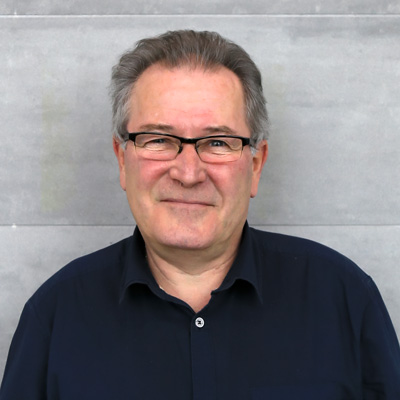
Philippe Collette
technical designer

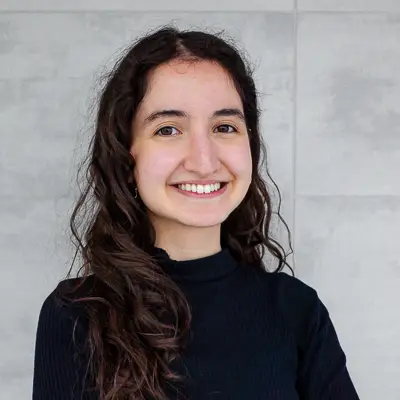
Süreyya Dogan
technical designer

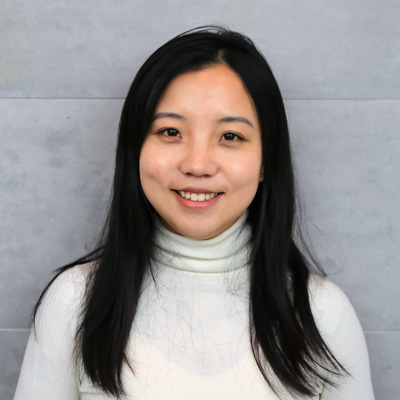
Jessie Dong
architect

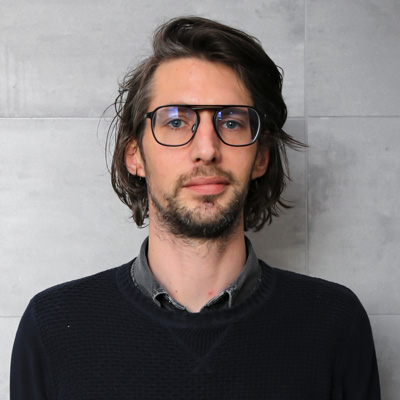
Lennart Dorrestijn
technical designer

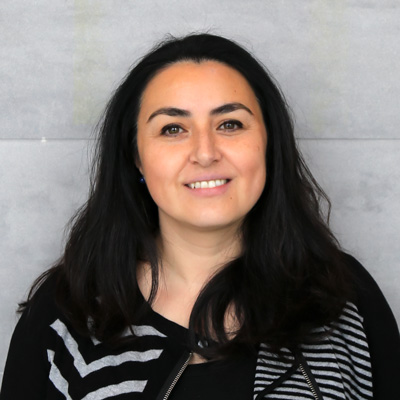
Cecilia Gallardo Rioseco
senior architect

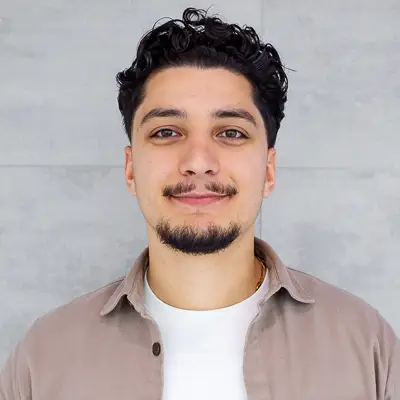
Valentino Gigante
technical designer

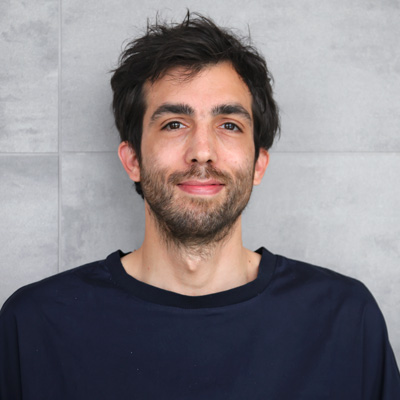
Stefano Giudici
architect

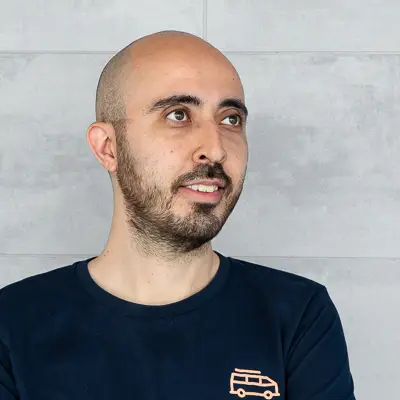
Reza Hamidi
technical designer

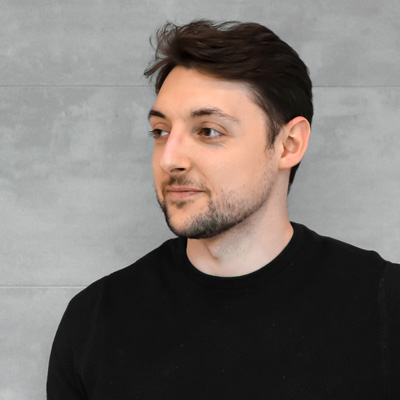
Enrique Ibáñez De Pablo
architect


Martin de Jong
senior architect

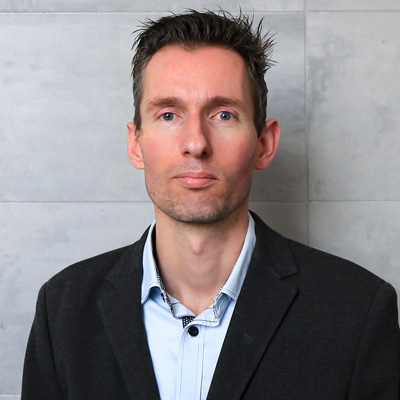
Sander Kleijn
senior technical designer

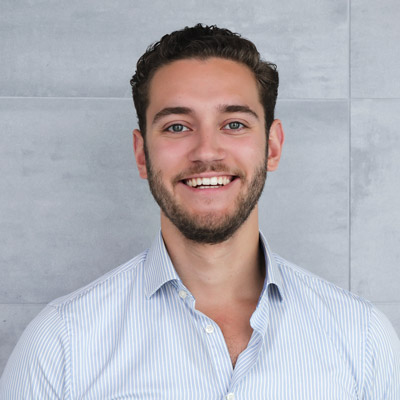
Gijs de Kok
technical designer

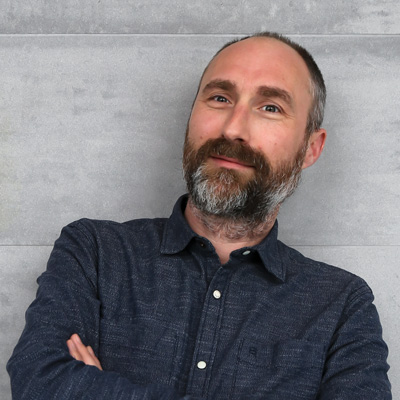
Valentijn Kortekaas
graphic designer

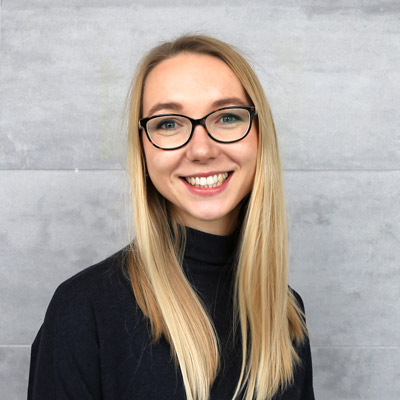
Beata Kozlovska
architect

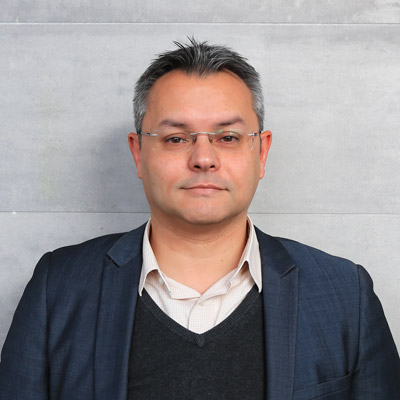
Jacko Laan
senior technical designer

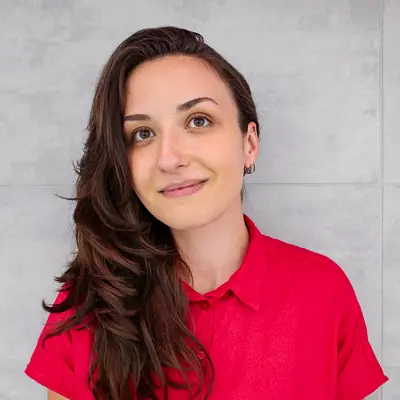
Jagoda Lintowska
technical designer

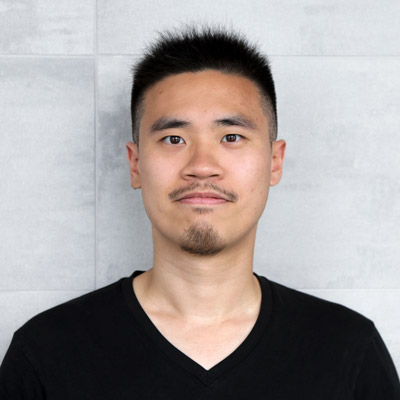
Sung-Ching Lo
designer


Simone di Massa
architect

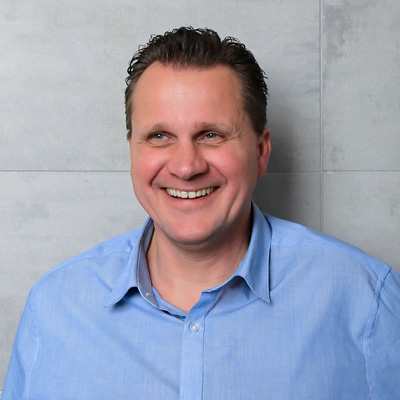
Mark Lodder
senior technical designer


Sharon Nuismer
secretary

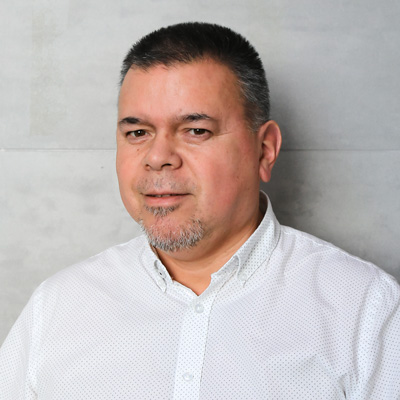
Ewald Plas
technical designer

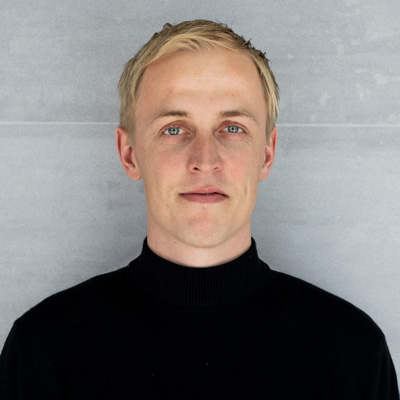
Gijs Poldermans
architect

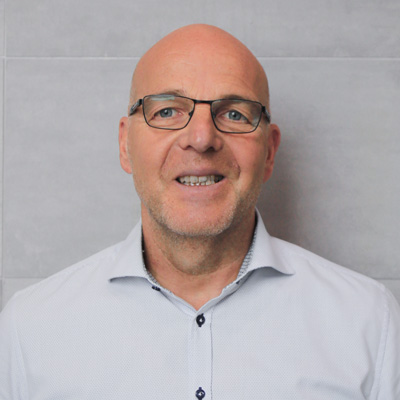
Willem Reitsma
administration

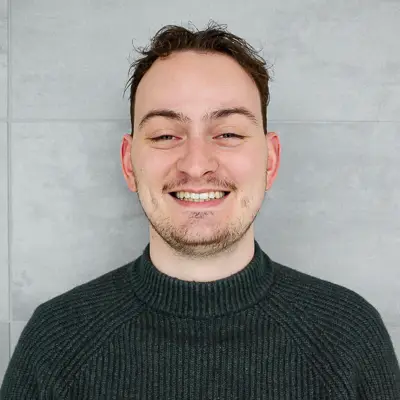
Dennis Ridder
technical designer

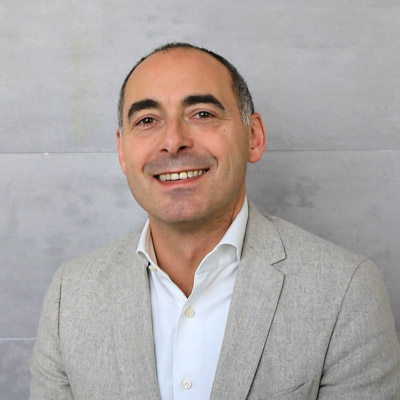
Oresti Sarafopoulos
architect partner

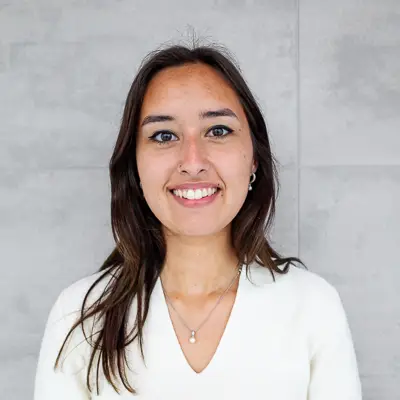
Anoushka Seelen
marketing communications coordinator

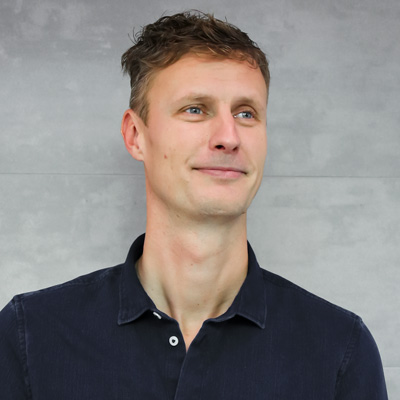
Rogier Söhne
architect

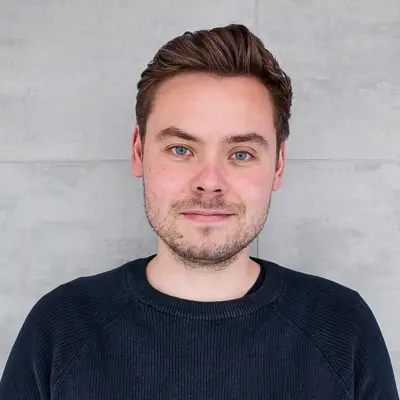
Simon Strba
architect

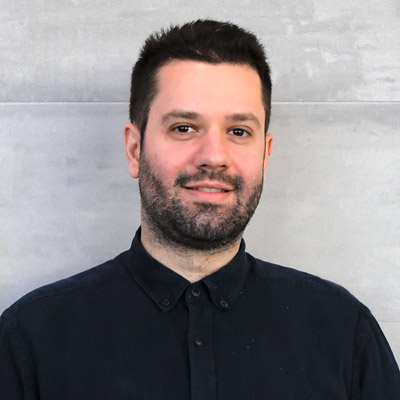
Nikola Todorovic
architect

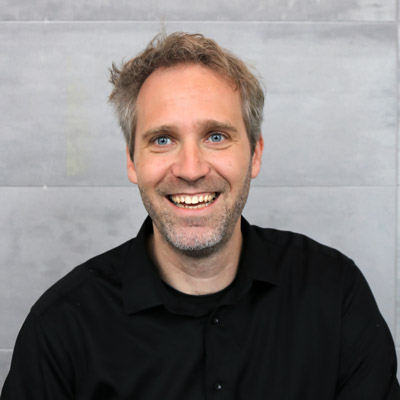
Thijs Ultee
senior architect

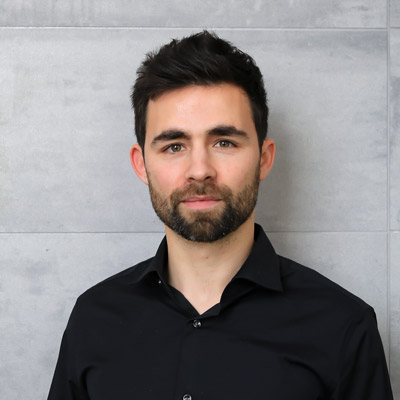
Maarten Verhelst
senior architect


Sylvia Visser
senior technical designer

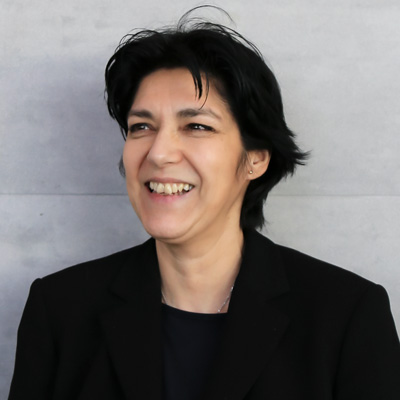
Farida de Vries
senior architect

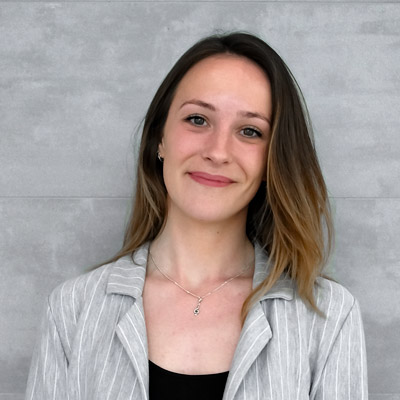
Marilene de Wit
architect


Joanna Wnuk
interior architect

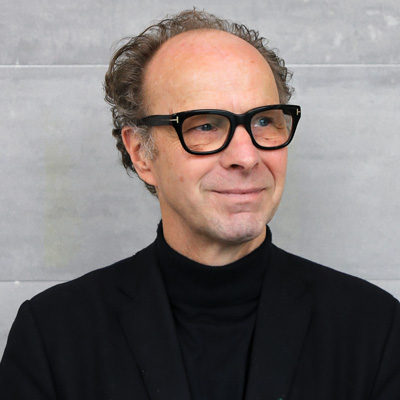
Wouter Zaaijer
founding partner


Chris Zwiers
architect partner

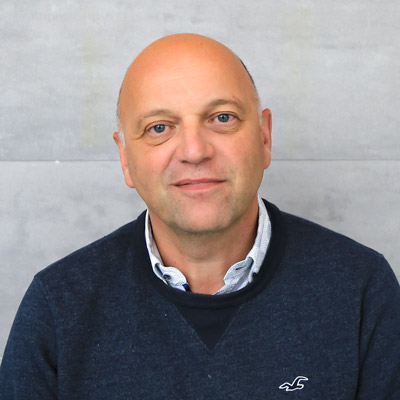
Koos Zwitser
project manager

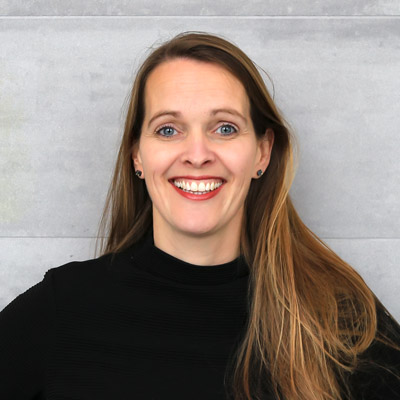
Marlies Zwols
business director

